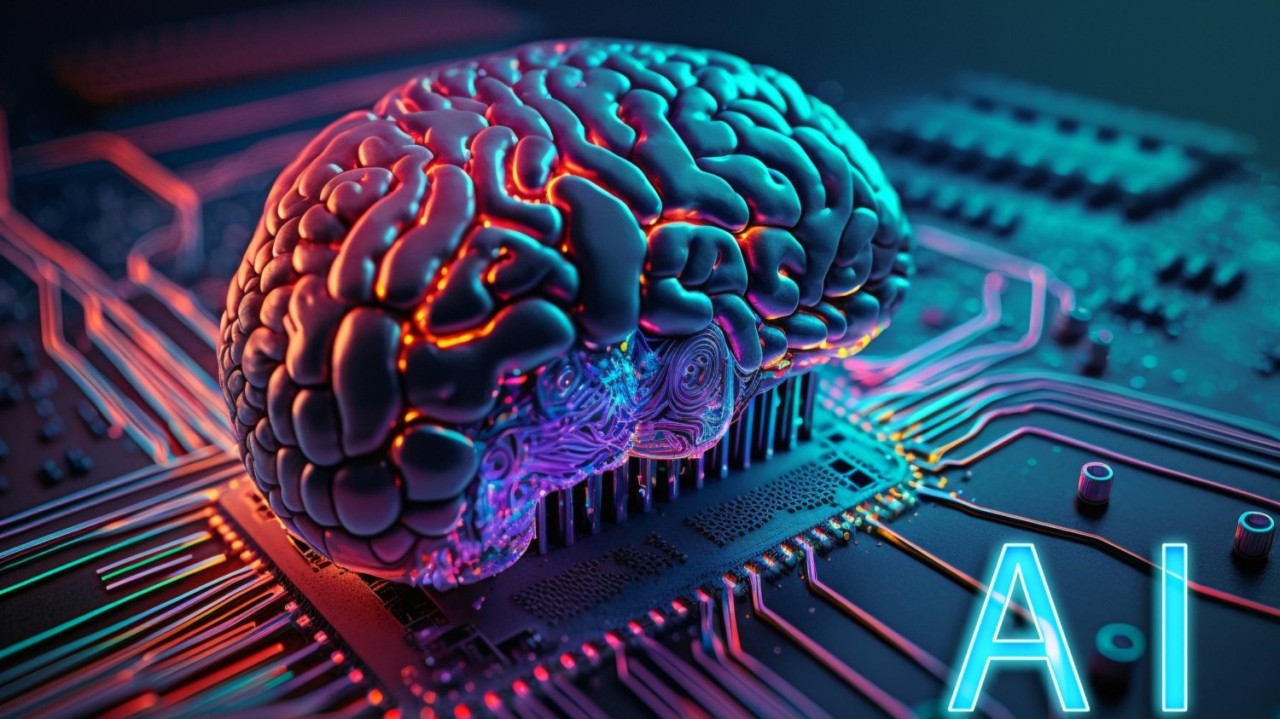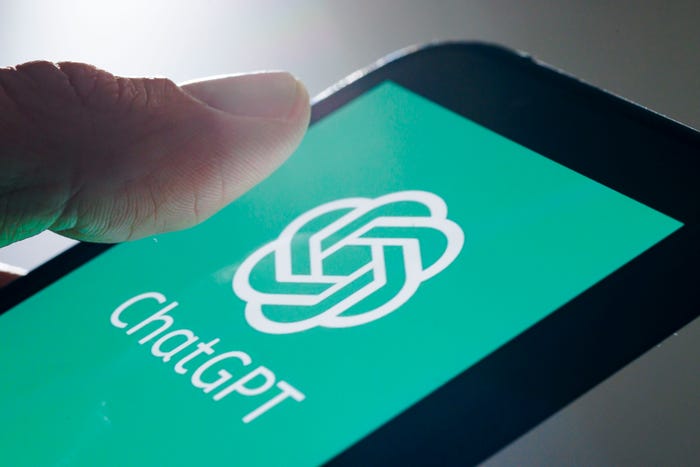The Changing Role of Writing in the Digital Age
Over the last decade, the rise of artificial intelligence has begun reshaping many aspects of how we think, learn, and communicate. Writing—once considered an exclusively human cognitive process—is now often aided by tools like ChatGPT. This shift in how essays are produced, especially among students and content creators, raises questions about its long-term impact on the brain. The concern is not only about academic integrity but also about how our brains adapt when outsourcing cognitive tasks to an AI system.
Relying on Assistance: A Double-Edged Sword
When a person types a prompt and receives an instant essay, the process bypasses critical mental operations that typically occur during traditional writing. Brain functions like synthesis, recall, interpretation, and reflection are all part of the act of putting words on paper. By using AI as a shortcut, users may skip over these essential processes, making the mind less engaged.
Yet, this doesn’t mean AI-assisted writing completely shuts down cognitive involvement. Many users still refine, fact-check, or rephrase AI-generated text. For people who struggle with language, such tools can boost comprehension and confidence. But consistent reliance on AI for writing can potentially reduce the brain’s problem-solving and creative thinking strength if used passively.
Neural Plasticity and Cognitive Load
The human brain is highly adaptable—this is known as neuroplasticity. It changes based on how it’s used. Writing essays stimulates multiple areas of the brain, especially regions involved in language, memory, and logic. When a person uses ChatGPT to write, the cognitive load is reduced significantly. While this might feel like efficiency, it could mean fewer mental workouts over time.
Compare this with using a calculator. It helps with quick results but doesn’t improve your arithmetic skills. Similarly, if people use ChatGPT for every written task, they may weaken their ability to form coherent thoughts or arguments independently. Instead of forming new neural pathways, the brain may become passive, waiting for machine-generated content.
ChatGPT and the Impact on Students’ Thinking

In academic settings, writing is more than just answering questions—it’s a learning tool. Students learn best when they articulate their own ideas, even if those ideas are imperfect. AI-generated essays risk turning learning into a transactional activity rather than a developmental one.
For students, constantly relying on ChatGPT may hinder deep learning. They may fail to internalize information, miss out on key concepts, or lose the ability to construct arguments. Moreover, when critical thinking isn’t exercised, students can become mentally disengaged, which affects not only academics but also how they process information in the real world.
Creativity and Original Thought
Creativity isn’t just about producing art—it’s the ability to connect ideas in novel ways. Essay writing is one of the few academic practices that nurtures this skill. When people depend on tools like ChatGPT, they risk losing their unique voice. The AI may generate grammatically correct content, but it doesn’t substitute for personal insight or originality.
On the flip side, some users may get inspired by AI-generated content, treating it as a springboard for their own ideas. In this scenario, the tool complements creativity rather than replacing it. But again, the level of engagement matters. Passive consumption leads to intellectual stagnation, while active use can foster innovation.
Writing Habits and Mental Discipline
Essay writing develops patience, focus, and critical evaluation—all traits associated with strong mental discipline. By delegating this task to AI, users may become less attentive, more distracted, and less motivated to write or read extensively.
When the brain no longer needs to structure arguments, search for evidence, or edit drafts, it loses out on these intellectual exercises. Just like muscles weaken without use, cognitive functions may dull without regular practice. Regular writing trains the brain to organize thoughts clearly—a skill valuable far beyond academic life.
Balancing Technology and Brain Engagement

The brain’s adaptability doesn’t mean technology should be avoided altogether. Instead, it’s about how technology is used. People who use ChatGPT to brainstorm, outline, or refine their own drafts are still participating in the writing process. They maintain control over their thoughts while benefiting from AI’s support.
In contrast, those who allow AI to generate the entire essay with no input may lose out on the mental challenge that writing offers. A balanced approach can encourage both efficiency and learning—much like using spell-check or grammar tools without surrendering control of the narrative.
Long-Term Implications of Cognitive Offloading
Cognitive offloading refers to the act of delegating mental tasks to external tools. It’s not inherently negative—it includes using calendars, GPS, and calculators. But over-reliance on any tool can lead to reduced brain activity in the related areas. If writing becomes fully outsourced, there’s a risk that future generations may find it harder to develop their own analytical or interpretive skills.
Still, the outcome depends on how users engage with the tool. Active participation, editing, and reflection can preserve brain stimulation. Passive usage, on the other hand, may diminish the need for sustained mental effort and reduce long-term cognitive flexibility.
One Keyword Use as Requested
For those pursuing better productivity while maintaining cognitive engagement, tools like ChatGPT should be used thoughtfully, not dependently. They can aid the process, but shouldn’t replace the brainwork that makes writing valuable in the first place.





